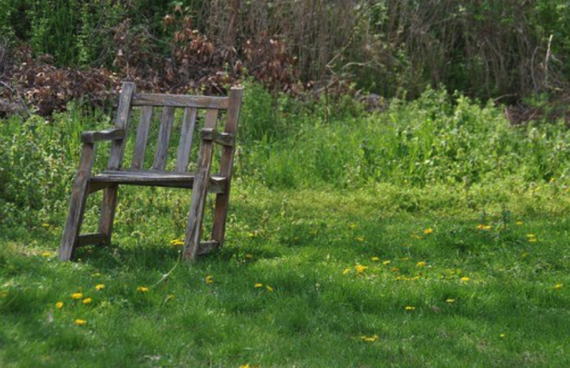Couples therapy
If something is bothering you about your relationship, your job or your private life, it’s a good idea to take a look at the behaviour annoying you: what behaviour do I find disturbing? You may find, for instance, that you’re annoyed with your partner because he’s too relaxed about everything. This annoys you. He has a lie in in the morning, watches Netflix series in the daytime, doesn’t empty the dishwater straight away……but you need to look at what this says about you.
Suppose you call your partner’s behaviour lazy. The questions that come to mind are then ‘What for you is proper behaviour?’ ‘What would I like to happen?’. The answer to this may be something like ‘Get on with it! Get up nice and early, no lounging about, exercise and take cold showers’. All this makes you feel alive. Assume that this is a part of you that has these judgments. Immerse yourself in the energy of that part. Perhaps this part of you says things like ‘use it or lose it’, or ‘just get on with it’, or ‘toughen up’.
Your primary self is the side of yourself that solves problems by taking action. Laziness is then an unacknowledged side of yourself. It is a good idea to see whether you have anything to learn from the lazy side. ‘Could I perhaps enjoy life a bit more?’
Dealing with your polar opposites in this way is similar to the well-known core quadrants where you turn your allergy into a challenge. If your drive to take action gets out of hand, it becomes a pitfall. You are then so agitated that others around you automatically calm down in response.
It’s important to look at your vulnerability in this regard. What’s the worst thing that could happen if you’re less active yourself? In answering this you’ll encounter hidden fears. Like fear of the house being in a mess, that it will start to smell and we’ll fall ill. Or fear of having to cope on your own. Your partner’s behaviour can unconsciously trigger fear. This is why it’s a good idea to tell your partner what you’re afraid of. From the centre position, the place where you feel both poles. What first attracted you to your partner often starts to annoy you later on. There’s a big possibility that you start to polarise, and the other person just keeps getting lazier and lazier.
Don’t wait around
If you’re living together you’re bound to come up against this. So it’s good to know that there’s also couples therapy online. I first spend an hour talking to one partner, then to the other, and then to both together. In actual fact we combine regular couples therapy focusing on interaction with each other with Voice Dialogue by seeing what polarity each individual ends up in. I can subsequently help you work on this in a separate coaching session. Your partner can sit in on the talk, if this feels comfortable for everyone. You can also record it so your partner can listen to it later on. Being trapped in a negative pattern is a prison.
There’s then a big possibility that the burn-out energy can start playing a very active role. Give yourself some air! Don’t wait until you’re ready to bash the other person’s brains in.
More than ever right now, people need to be able to switch between personal and impersonal energy. What’s the right way to deal with this? In a practical sense you can hang a notice on your study door. But it starts by becoming aware of the parts in me that now play a role. It requires a greater awareness of your own energy. Learning how to play with distance and closeness.
Sub-personalities have an effect on your body. The inability to tell them apart is draining. You need to be aware that you can step into and out of the different energies.
Before calling someone for a session, I spend a quarter of an hour preparing. I don’t necessarily do anything concrete. Rather, I tune in to the client’s energy. If it’s a talk with a colleague I’ll tune into the subject matter. It’s all about intention. Approaching the talk with a clear head.
Goethe said:
“Dich im Unendlichen zu finden, mußt unterscheiden und dann verbinden.”
To find yourself in the infinite, you must distinguish and then connect.
To keep your head above water in the corona crisis you need to be able to see what aspects play a role. You need to take responsibility for them yourself. To find out what parts of you play a role. It’s a good idea to identify these parts together with a coach.
In case you like to book couple sessions please send an e-mail in which each of you answers the following questions:
- Something about yourself. Your role in the family of origin. Experience with therapy/coaching
- How do you see the relationship? If there are issues, what is your own role.
- What would you likme to achiev with the relationship sessions?
You can contact me at info@voicedialogueworld.com or call me directly at +31 6 51607758.
Robert Stamboliev
















